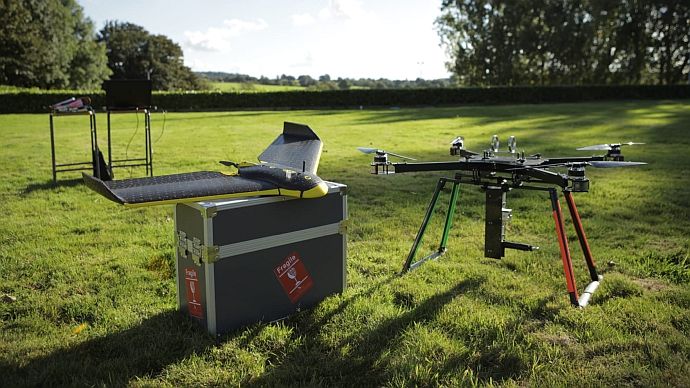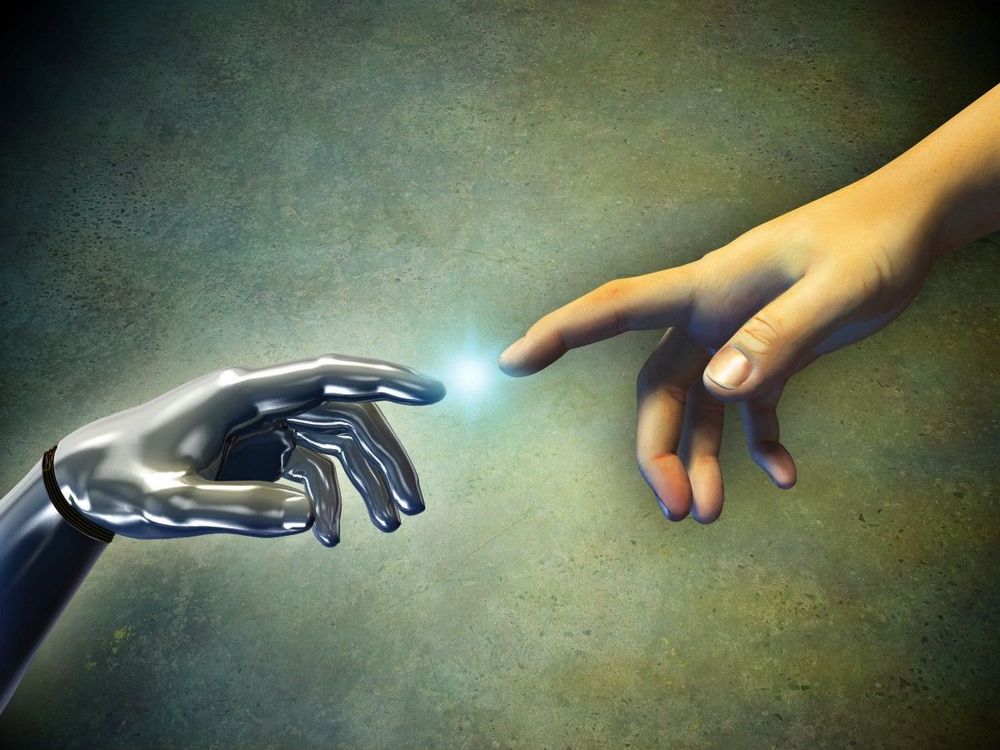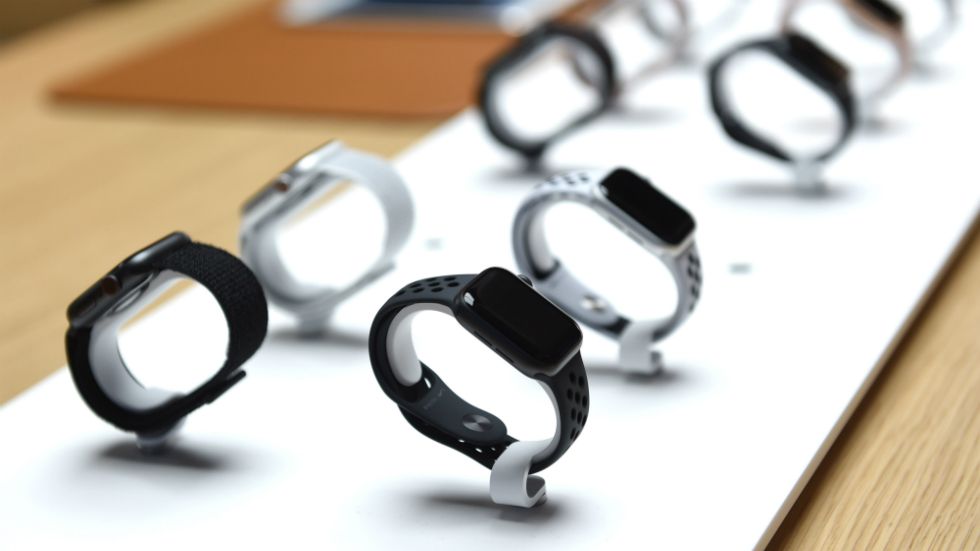Soda, sports drinks, and fruit drinks are all under fire.
A common calcium-channel blocking heart medication has been tentatively linked to increased risk of sudden cardiac arrest. The research comes from the European Sudden Cardiac Arrest network (ESCAPE-NET), though additional work is needed to determine whether the findings can be replicated. At the heart of the study were medications amlodipine and nifedipine, which are prescribed for high blood pressure and chest pain called angina.
Sure, it’ll be great when a drone can drop off your Amazon Prime goodies or 7-Eleven snacks just minutes after you order them… but it’ll be even better when they help regrow millions of trees.
That’s what U.K.-based BioCarbon Engineering has set out to do. The company has been developing a high-tech system that uses drones to replant deforested areas — even in areas where planting wouldn’t be feasible using older methods.
BioCarbon’s system utilizes drones for two separate stages of the process. First, they’re sent into the target area to create a detailed, three-dimensional map. Once they’ve completed that step, the planting drones return to the site to do their thing.
Reaction Engine’s Synergetic Air-Breathing Rocket Engine (SABRE) is closer to reality with ESA and the UK Space Agency (UKSA) green lighting the preliminary design of the demonstrator engine core. The successful review of the hypersonic engine, which is designed to act as both a jet and a rocket, means that the company can move on the major testing milestones in the next 18 months.
Rise of the Machine Empaths
Posted in computing, food, mobile phones
It’s not just that millennials have astonishing facility with computers, taking to every cell phone and software or video game release like birds to the sky. And it is not only that they seem more mechanically adept than other generations, with fine motor skills far beyond those of older people (with their ham-handed, clunky attempts at tiny phone keyboards).
It’s that they seem to be becoming one with the technology.
Anyone who’s ever had to remove a cell phone from beneath a teenager’s bed pillow to allow for a good night’s sleep (uninterrupted by incoming texts and calls) or peel an avid gamer away from the console long enough to eat dinner knows what I’m talking about. The devices are not just tools — they are extensions of young bodies and minds. In fact, according to a recent Nielsen survey, eighty-three percent of Generation Y admit to sleeping with their phones.
Researchers with the Stanford University School of Medicine found in a study sponsored by Apple and released Saturday that the company’s smartwatches can detect irregular heart rhythms.
Of the approximately 400,000 participants using Apple Watches in the eight-month study, 0.5 percent, or about 2,000 people, were sent irregular heart rhythm notifications.
“The results of the Apple Heart Study highlight the potential role that innovative digital technology can play in creating more predictive and preventive health care,” Lloyd Minor, dean of the Stanford School of Medicine, said in a statement.









